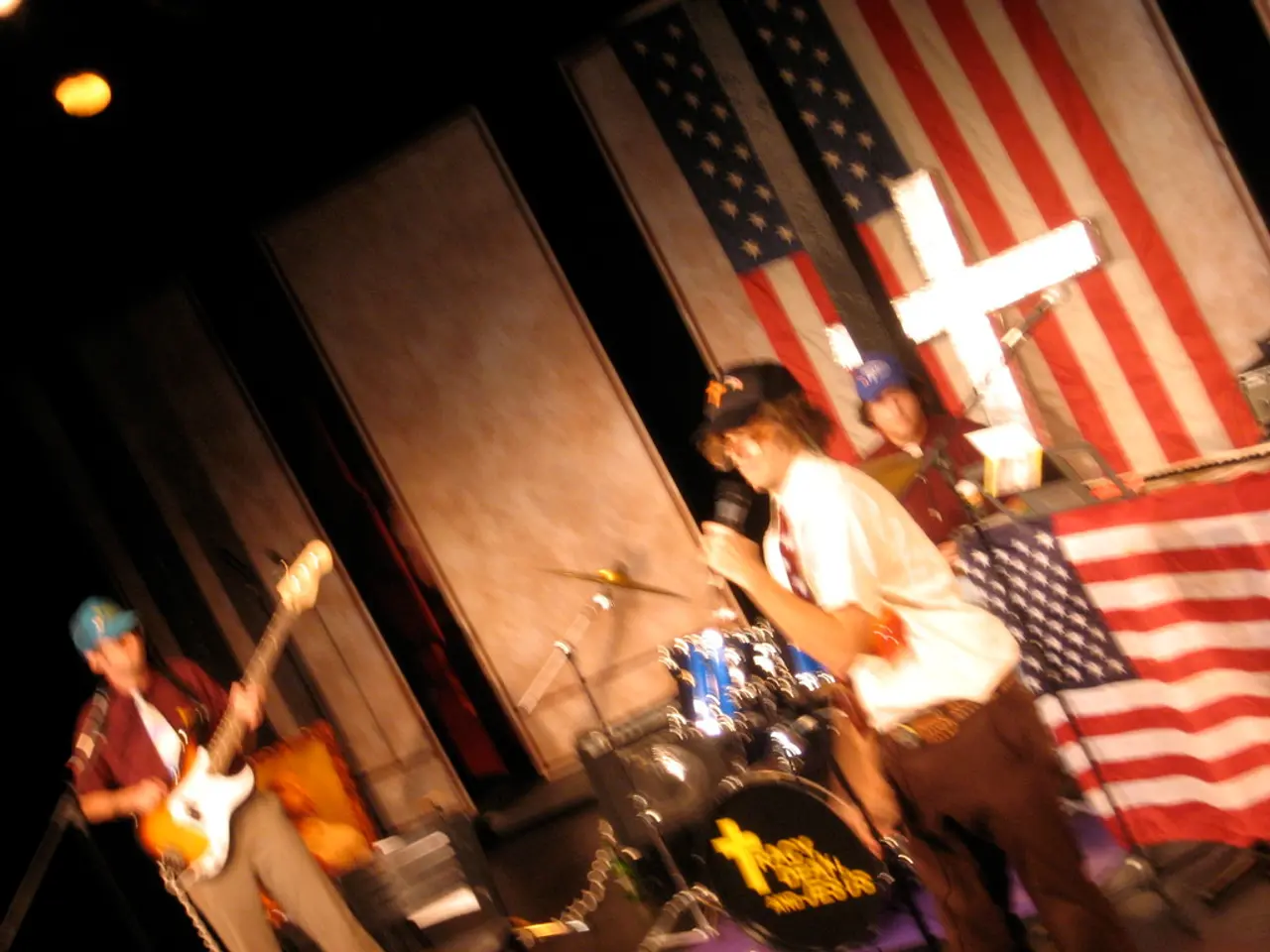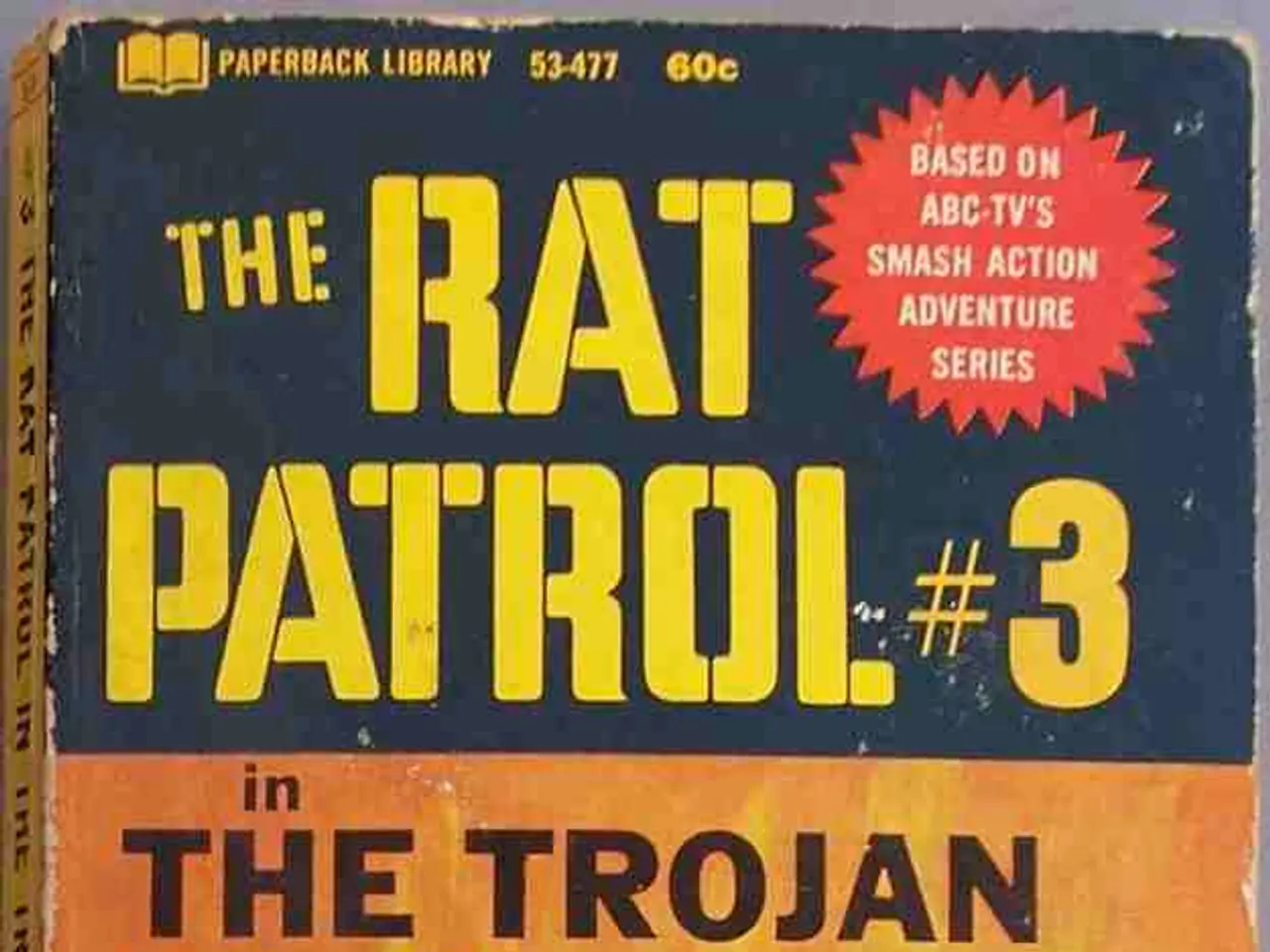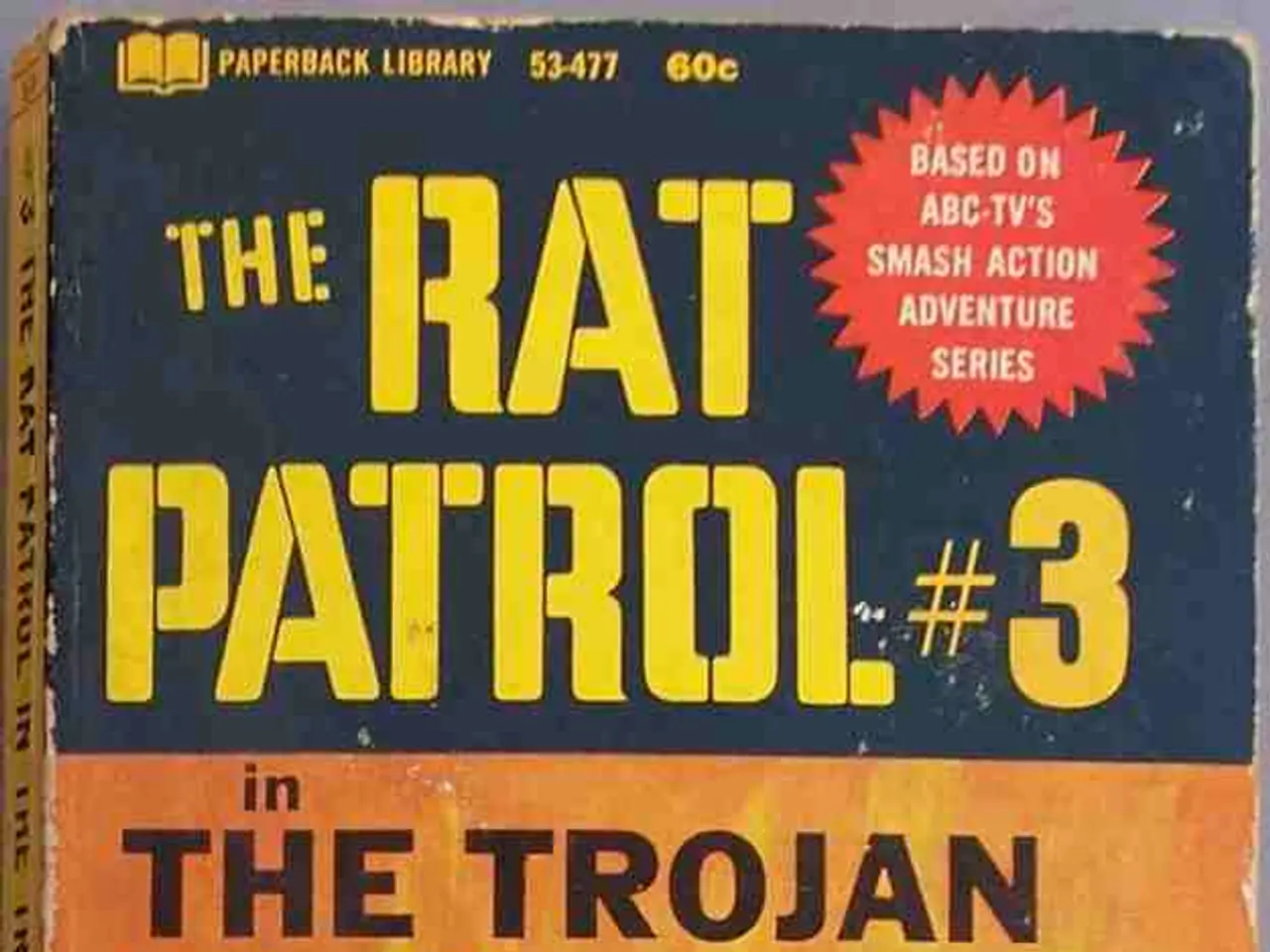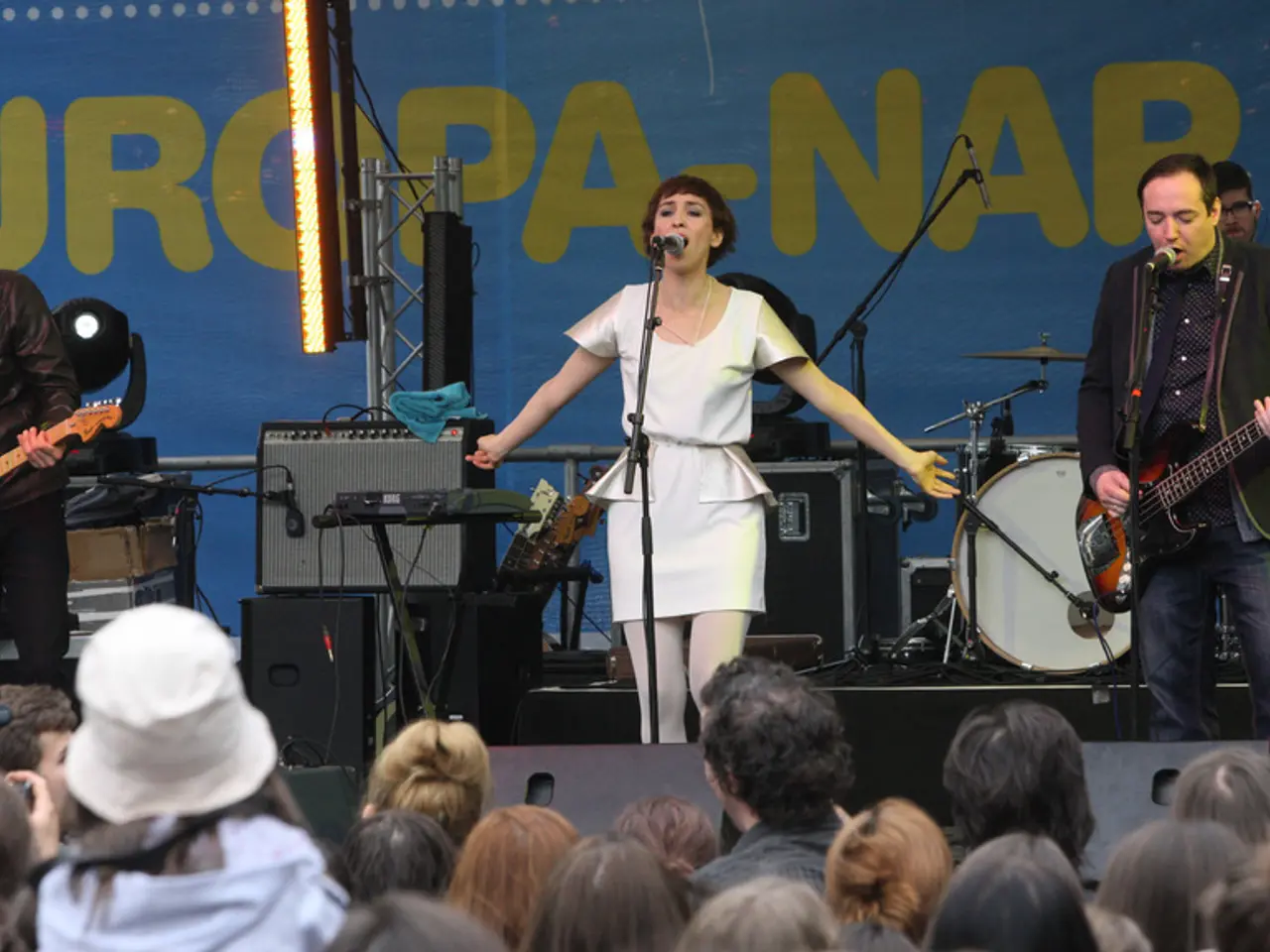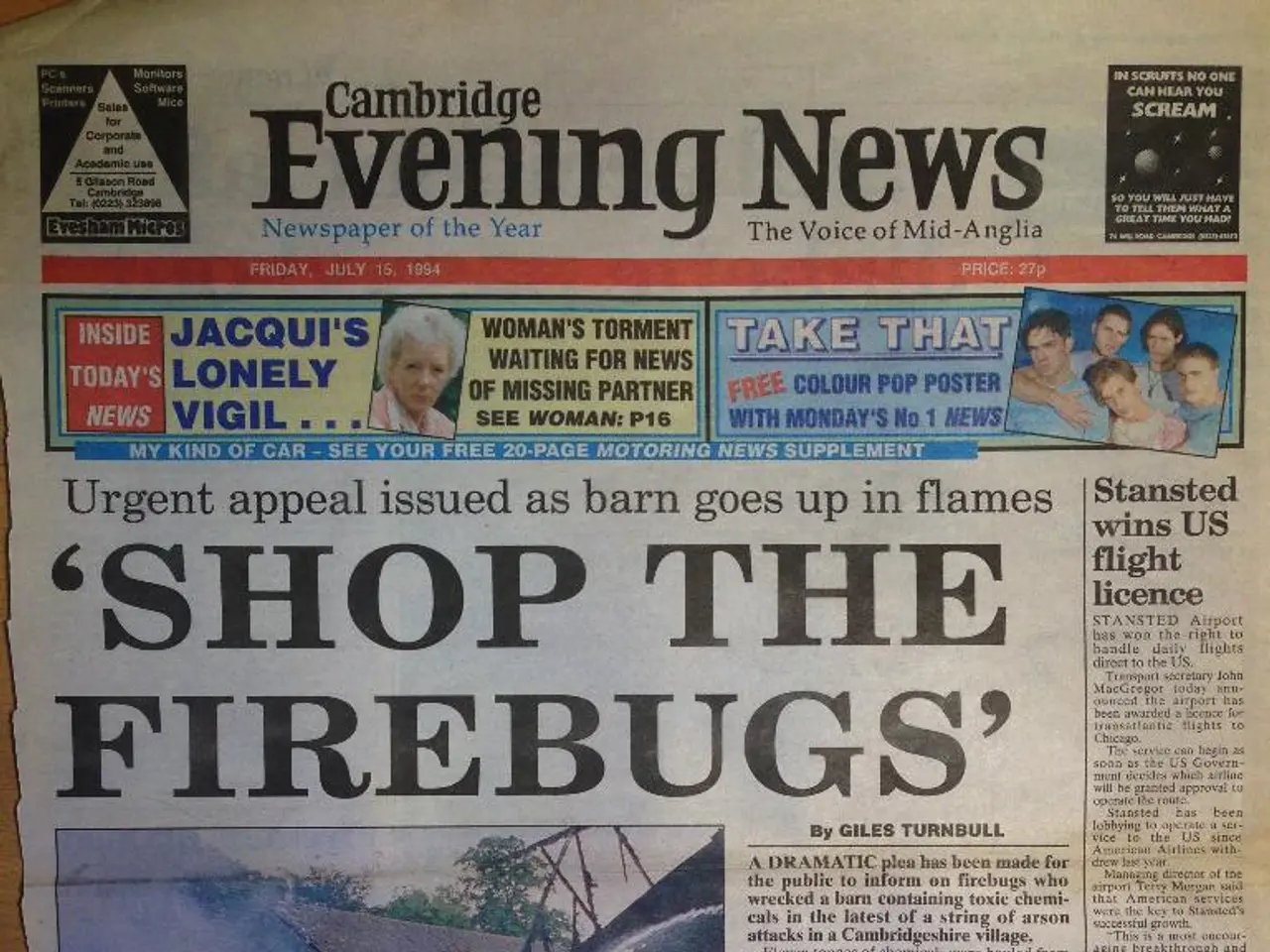Narrating the History Through Melodies: Tunes that Speak of a Nation's Account
In the rich tapestry of human history, music emerges as a powerful vehicle for cultural expression, historical storytelling, and the preservation of identities. Each culture possesses a unique soundscape, composed of traditional songs and instruments, that echoes the values, traditions, and experiences of its people.
Music transforms into a layered narrative, where past melodies support modern lyrics that address current social issues. This blending can be seen in genres like hip-hop, where artists incorporate sampling to create songs that are both innovative and conversational with history. For instance, samples of jazz, blues, and early soul are woven into music by artists like Nas and The Roots, serving as an audio scrapbook that allows listeners to hear historical context directly.
The 1960s saw music play a significant role in the civil rights movement, with songs like Bob Dylan's "Blowin' in the Wind" and Sam Cooke's "A Change Is Gonna Come" capturing the essence of the struggle for equality. Similarly, African American spirituals reflect the resilience of those who endured slavery and serve as a poignant connection to ancestral roots.
Music festivals, such as Mardi Gras in New Orleans and Brazil's Carnival, showcase vibrant music that pulls from a rich cultural tapestry, creating a shared sense of identity and belonging among participants and observers. The Irish fiddle tells tales of joy and sorrow, mirroring the history faced by the Irish people, while the indigenous tribes of Africa use the djembe drum for musical expression, communication, and storytelling.
For many communities, tracing back a family tree is about reclaiming the sounds and stories of the past. In cultures where written languages are not prevalent, music serves as a primary form of record-keeping and education. The Maori people of New Zealand use Haka, a traditional war dance accompanied by song, to convey ancestral stories and values, imbued with cultural pride and serving as a primary form of record-keeping and education.
In our current digital age, music continues to reflect societal changes, with online platforms facilitating a global exchange of ideas and collaboration between musicians from different cultures. Gaelic songs, passed down through generations, serve as a remembrance of cultural heritage and a rallying cry for unity. For these communities, music continues to play a crucial role in documenting family history, with each verse serving as a chapter in our lineage.
Philosophically, music has been regarded since ancient times as a reflection of universal truths, emotions, and human character. Music’s performative and participatory nature means it is the actualization of cultural beliefs and motivations, making it a dynamic tool for sustaining cultural practices and evolving identities.
Thus, across various societies, music acts as a living archive and expressive medium that educates, inspires, and unites people by preserving heritage and recounting historical and cultural stories in an accessible, emotive form.
- In the realm of family history, music serves as a living archive, allowing communities to reclaim and remember the sounds and tales of their ancestors.
- As a testament to cultural heritage, music genres like hip-hop incorporate sampling from earlier decades, creating a compelling tapestry that bridges family history with contemporary lifestyle and entertainment.
